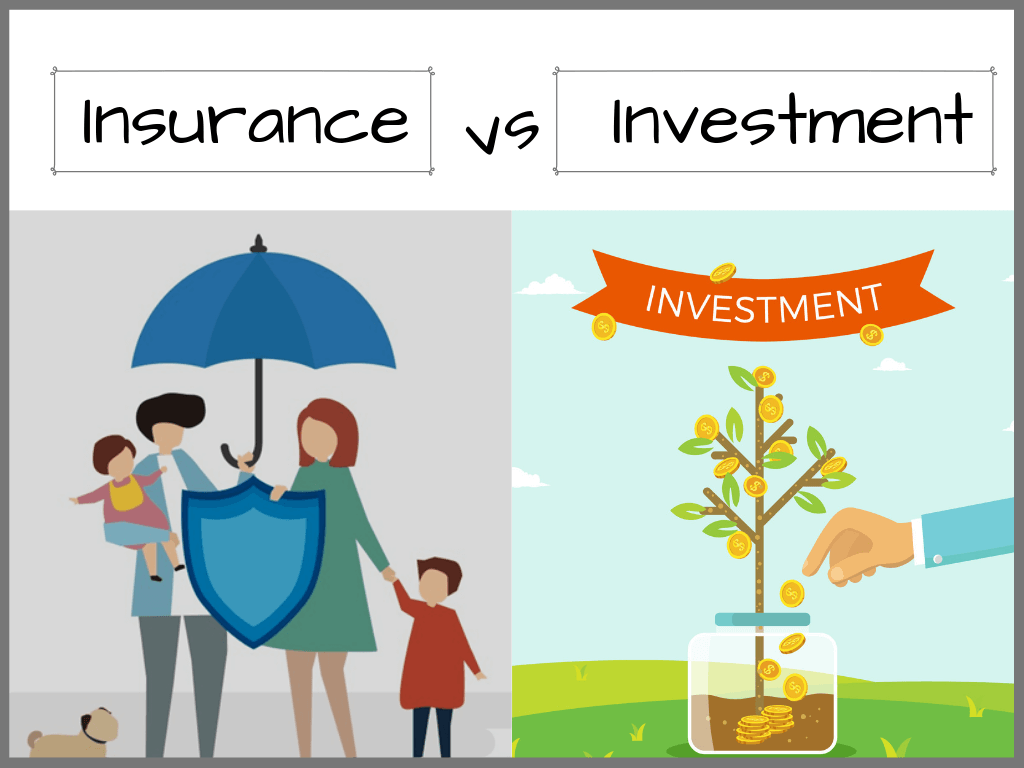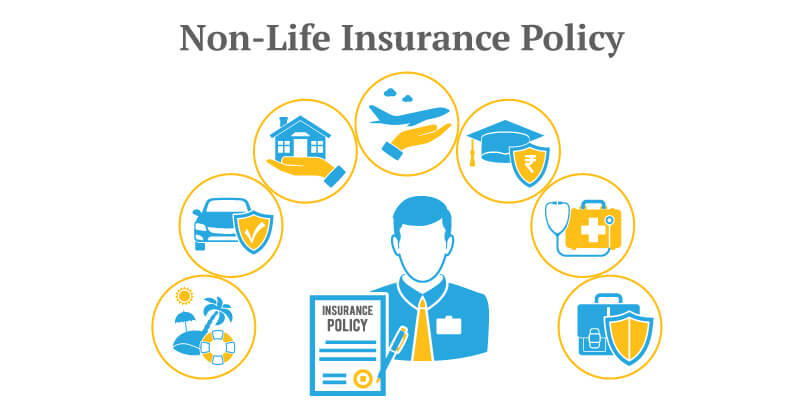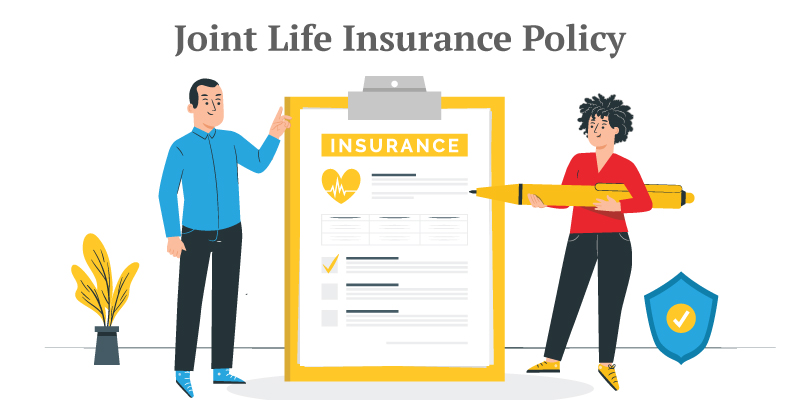Insurance and investment are the two most crucial pillars in personal financial planning. While investment has the potential to increase income and assets, insurance plays the role of safeguarding assets created from our labor and livelihood. Both insurance and investment significantly impact long-term financial health. However, insurance is a somewhat dull topic that not everyone wants to discuss, except for insurance agents. It often deals with life’s uncertainties, such as death or illness. On the contrary, people prefer talking about investments. The idea of earning money through investments and enjoying a luxurious lifestyle is appealing to most, even those unfamiliar with the subject. But which one is more important? And which one should be prioritized when building a financial plan?
1. What is insurance used for?
Generally, insurance is simply understood as protection. For each person, good health is the most significant asset. However, we never dare to consider health as a given. Moreover, we cannot be sure that good health will continue throughout adulthood. Participating in the right insurance helps protect us and our loved ones from sudden events that can lead to a loss of the ability to work, resulting in financial difficulties. Over time, even if our income may increase, responsibilities also grow. We have responsibilities to young children, elderly parents, mortgages, or car loans, coupled with thinking about our retirement age. Therefore, continuously reviewing and supplementing insurance coverage is essential.
2. What is the purpose of investment?
The purpose of investment is to increase assets for the future. In the long run, we hope to generate money from investment profits rather than working for income. Investment profits can take two forms: through the increase in the value of assets or through passive income. For example, buying a stock today for $1 and selling it for $1.5 in the future results in a profit of $0.5. Alternatively, investing creates passive income. For instance, buying a bond for $1 today with an annual return of 5%, we earn $0.05 annually.

3. Insurance protects us during serious downturns in luck, while investment helps us increase profits
From a financial perspective, insurance and investment are two sides of the same coin. Insurance protects us financially when we are unable to work, providing a source of income for our family and ourselves. Investment allows us to increase profits beyond our salary. In other words, insurance protects us from hidden risks, while investment increases potential profits.
4. A comprehensive financial plan needs both insurance and investment. However, you should plan for your insurance needs first
Having only insurance without investment means relying solely on income from daily work. If we stop working, we will lose the only source of income, even if we believe we are protected from unexpected events.
Having only investment without insurance means that while we earn money through investments, we face financial risks when encountering unexpected events, making it impossible to continue working and earning income. This is particularly serious if the income from investments is not sufficient to offset the costs when losing income from work.
Both insurance and investment are not perfect financial tools, and neither is more important than the other. To have a comprehensive financial plan, we need both insurance policies and the right investment plans.
However, even though both insurance and investment are equally important for personal finance, those who are just starting their careers should prioritize their insurance plans first. The reason is simple; we can only start investing when we have accumulated capital from our work. However, if our health does not allow us to continue working, we will not be able to support our family and ourselves, let alone creating surplus capital for investment.
Furthermore, investment takes time to yield results, while insurance allows us to have guaranteed assets from the start. Insurance and investment needs are always changing. We need to periodically review the insurance amount to assess whether it meets our needs. Similarly, we also need to evaluate the investment portfolio to understand whether it aligns with our investment goals and adjust it according to emerging needs.
5. Combining insurance with investment
Understanding the desire for both protection and asset growth effectively, there are financial instruments in the market that meet both needs at once: immediate asset security when the policy is issued and receiving double the amount after 20 years.
Cre: Simon/wattpress.com



